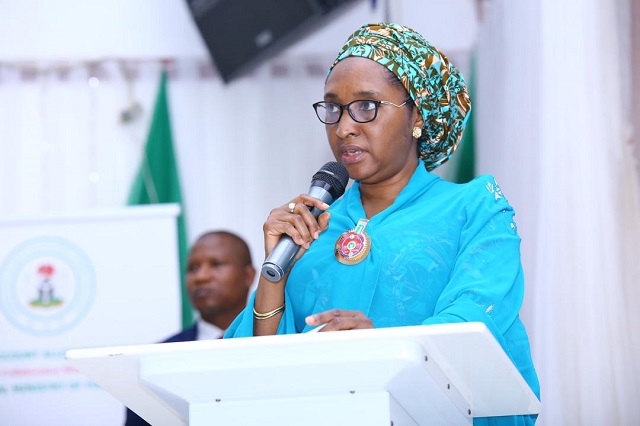The Central Bank Of Nigeria (CBN) has issued a July 7, 2024 deadline for Point of Sales (PoS) operators to complete registration with the Corporate Affairs Corporation (CAC).
This was revealed during a meeting between Fintechs and the Registrar-General/Chief Executive Officer (CAC) Hussaini Magaji (SAN) in Abuja on Tuesday.
Speaking at the event, the CAC boss said the two-month timeline to register their agents, merchants, and individuals with the commission, was “in line with legal requirements and the directives of the Central Bank of Nigeria”.
“The measure aims at safeguarding the businesses of Fintech’s customers and strengthening the economy,” a statement titled ‘CAC, PoS OPERATORS AGREE TO TWO-MONTH DEADLINE TO REGISTER THEIR AGENTS AND MERCHANTS TO STRENGTHEN THE FINTECH INDUSTRY‘ issued by the CAC added.
He stressed that the action was equally backed by Section 863, Subsection 1 of the Companies and Allied Matters Act, CAMA 2020, and the 2013 CBN guidelines on agent banking.
Magaji explained that the timeline for the registration which will expire on July 7, 2024, was not targeted at any groups or individuals but aimed at protecting businesses.
Several speakers from the Fintech industry pledged to collaborate with the commission to ensure hitch-free implementation of the directive.
Some of them, however, stressed the need for adequate and collective sensitisation, to ensure that the exercise achieved the desired results.
The Special Adviser to the President on ICT Development and Innovation, Tokoni Peter, in his remarks, pledged to ensure smooth facilitation of the process in line with the Renewed Hope Initiative of the present administration.
The representatives of Opay, Momba, Palmpay Ltd, Pay Stack, Fair Money MFB, Monie Point, and Teasy Pay present at the event, later signed up for a document to support the project.

